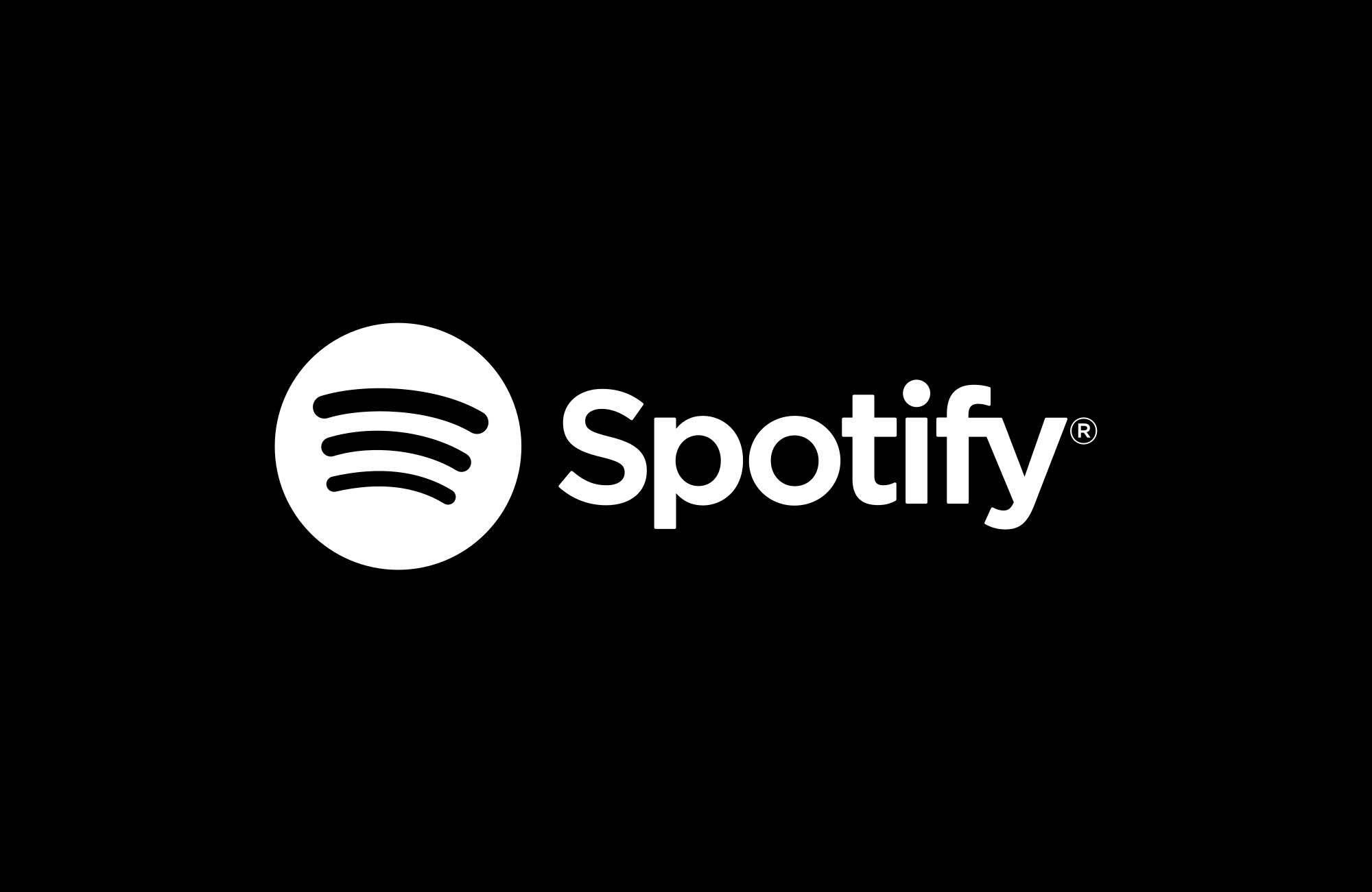
Spotify Takes Stand Against Payola
In a groundbreaking move, Spotify, the world’s leading audio streaming platform, has taken a firm stance against the nefarious practice of payola, signaling a significant shift in the dynamics of music promotion and ethics. This article delves into the details of Spotify’s recent statement, exploring its implications for the industry at large.
Defining Payola
Before delving deeper, it’s crucial to understand what payola entails. Payola is the unethical practice of paying for airplay or playlist placement, distorting the organic process of music discovery, and undermining the principles of fairness and meritocracy. This practice has long been a controversial issue in the music business, blurring the lines between genuine popularity and artificially boosted success.
Spotify’s Decisive Statement
In its recent statement, Spotify’s executive team left no room for ambiguity, unequivocally condemning payola as antithetical to the core values of fairness, meritocracy, and artistic integrity. This bold stance underscores Spotify’s commitment to maintaining the integrity of its platform and fostering a level playing field for all artists. The statement issued by Spotify’s executive team was unequivocal in its condemnation of payola, describing it as “detrimental to the principles of fairness, meritocracy, and artistic integrity that we strive to uphold.”
The Rationale Behind the Decision
At the heart of Spotify’s position lies a dedication to preserving the authenticity of the music discovery process. By denouncing payola and pledging to take action against perpetrators, Spotify aims to ensure that listener engagement, rather than financial incentives, drives music discovery on its platform. Spotify’s move to address this issue head-on marks a significant moment in the ongoing battle for transparency and fairness in the music streaming ecosystem.
Industry Context: Shifting Dynamics
Spotify’s move comes at a time when the music industry is grappling with shifting power dynamics. With streaming platforms now wielding immense influence over music consumption patterns, questions of fairness and transparency have come to the forefront of industry discourse. The timing of Spotify’s statement is noteworthy, coming at a time when scrutiny of the music industry’s business practices is intensifying. With streaming now accounting for the majority of music consumption globally, the power dynamics between artists, labels, and streaming platforms have shifted dramatically, raising questions about who benefits most from the digital music revolution. In this context, Spotify’s declaration of war against payola can be seen as a strategic move to position itself as a champion of fairness and transparency, thereby strengthening its appeal to both artists and listeners alike.
Challenges and Implications
While Spotify’s stance against payola is commendable, it poses several challenges and implications. Eradicating payola from the music ecosystem will require concerted efforts and collaboration across the industry. Moreover, questions arise regarding the practicalities of enforcement and the extent of Spotify’s own role in perpetuating payola-like practices. However, while Spotify’s stance against payola is certainly commendable, it also raises important questions about the practicalities of enforcement and the potential unintended consequences of such a crackdown. Payola, in its various forms, has been a pervasive feature of the music industry for decades, deeply ingrained in the mechanisms of radio promotion, record label marketing, and artist management. Eradicating it entirely from the ecosystem will require more than just words – it will necessitate a concerted effort involving collaboration across the industry, as well as the development of robust mechanisms for detecting and penalizing offenders.
Transparency and Accountability
Calls for greater transparency and accountability from Spotify have emerged, with stakeholders urging the platform to shed light on its playlist curation process and algorithmic operations. Increased transparency could empower artists and listeners alike, while deterring manipulative practices. In light of these challenges, some have called for greater transparency and accountability from Spotify, urging the company to open up its playlist curation process and provide more visibility into how its algorithms operate. By shedding light on the inner workings of its platform, Spotify could empower artists and listeners to make more informed decisions about their music consumption, while also deterring would-be manipulators from attempting to game the system.
The Path Forward
Spotify’s statement on payola represents a significant step forward in the industry’s quest for fairness and integrity. However, the true test lies in the platform’s ability to translate words into action. Only time will tell whether Spotify’s commitment to combat payola will result in meaningful change across the industry. Ultimately, Spotify’s statement on payola represents a step in the right direction for an industry grappling with issues of fairness and integrity. By taking a principled stand against pay-for-play practices, Spotify is sending a clear signal that it is committed to fostering a music ecosystem where talent and creativity are rewarded on their merits, rather than on the size of one’s marketing budget. However, the road ahead will not be easy, and the true test of Spotify’s commitment to this cause will lie in its ability to follow through on its promises and effect meaningful change across the industry. Only time will tell whether Spotify’s words will be backed up by actions, but one thing is certain: the fight against payola is far from over, and Spotify’s stance marks a pivotal moment in that ongoing battle.
Conclusion
In conclusion, Spotify’s recent statement against payola marks a watershed moment in the music industry’s ongoing battle for transparency and fairness. By taking a principled stand, Spotify has positioned itself as a champion of integrity and authenticity in music promotion. The road ahead may be fraught with challenges, but Spotify’s commitment to this cause is a promising sign for the future of the industry. As the fight against payola continues, Spotify’s unwavering stance serves as a beacon of hope for a more equitable and transparent music ecosystem.
Browse Beats & Instrumentals
Check out my extensive catalog of more than 500 custom-made beats and instrumentals, available for free download or licensing.


No Comments